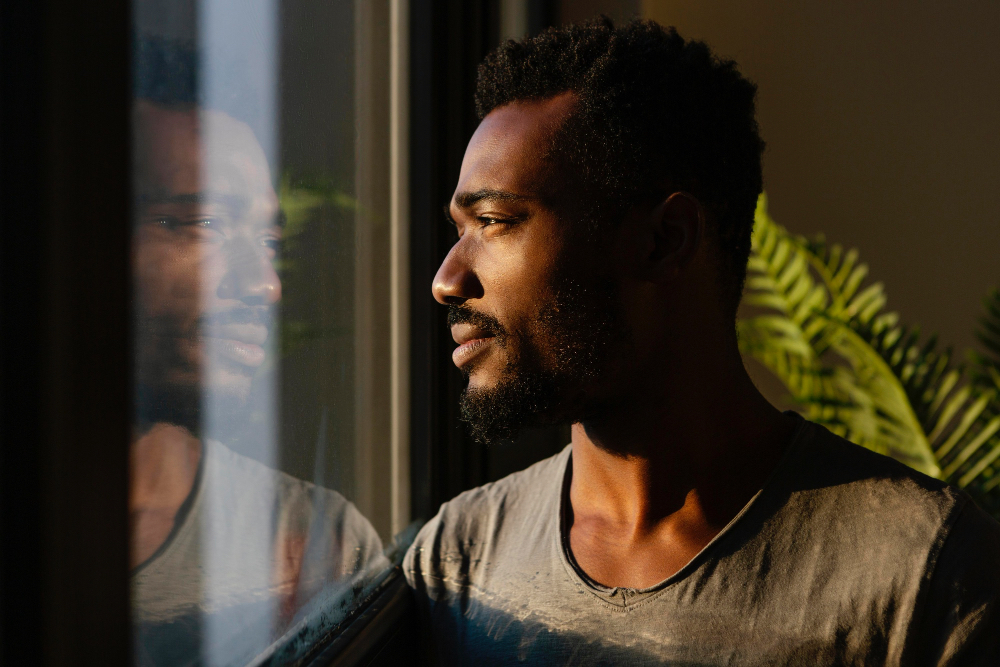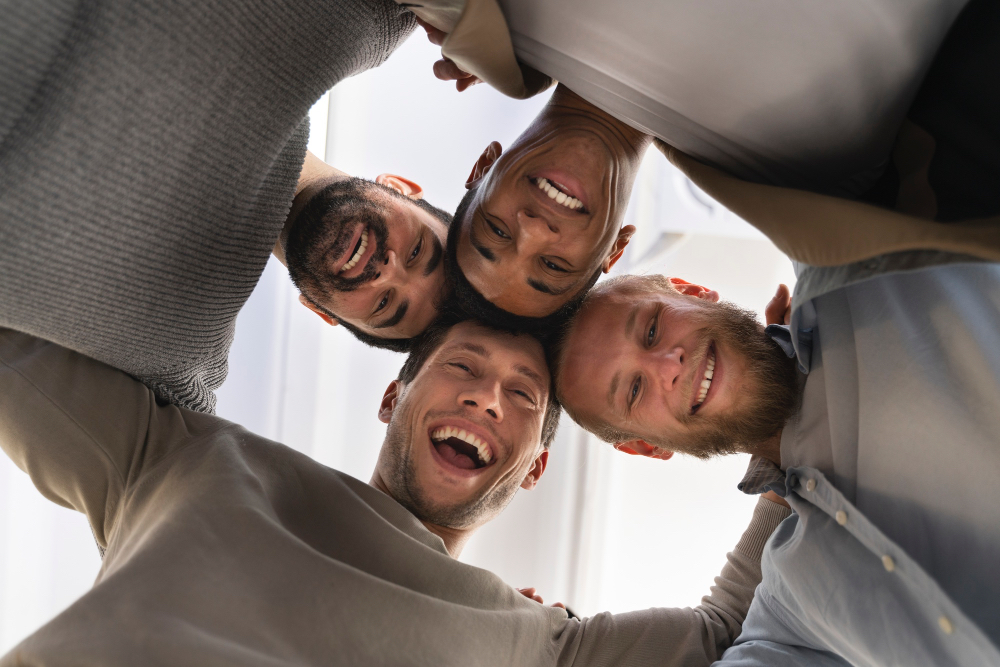Let’s be honest—falling for emotionally unavailable men can feel like a rite of passage in gay dating. Whether it’s the guy who love-bombs you one week and ghosts the next, or the one who says he’s “just not ready for anything serious” but still flirts like it’s going out of style—you’re not imagining things. If you’ve ever caught yourself wondering, “Why do I always want the ones who don’t want me back?” or “Why do I chase guys who barely show up?”, you’re not alone. And more importantly: you’re not broken.
So let’s talk about it.
Emotional unavailability doesn’t just mean someone who’s “bad at texting.” It often shows up in ways that feel confusing—intense connection up front, then sudden distance. It might look like someone who avoids deeper conversations, constantly “forgets” to make plans, or keeps you in a gray area with lots of affection but zero clarity. It’s the kind of dynamic that leaves you wondering what you did wrong, when really, the issue is they’re not able—or willing—to meet you emotionally.
But why do we get drawn to this pattern over and over again? A big part of the answer lies in what feels familiar. If you grew up in an environment where love had to be earned—where you had to work hard for affection, approval, or attention—then inconsistency may actually feel normal to you. In a strange way, it feels like home. Your nervous system was trained to chase love, not simply receive it. And so now, even when your adult self knows you deserve better, the pull toward emotionally unavailable people can feel incredibly strong.
There’s also the addictive element of the chase. That little rush you feel when he finally texts back, or gives you just enough attention to feel hopeful again? That’s not love—it’s dopamine. Your brain loves the rollercoaster, even if it leaves your heart wrecked. And here’s the kicker: when someone emotionally healthy shows up—someone who’s consistent, kind, and genuinely available—it might feel boring at first. But boring isn’t bad. Sometimes “boring” is just your system adjusting to safety.
So how do you break the cycle?
Start by getting radically honest with yourself about what you actually want. If emotional availability, consistency, and clear communication matter to you, make those your non-negotiables. Not just on paper—but in practice. Notice the early red flags, and instead of justifying them with “He’s just really busy” or “He’s been hurt before,” try believing your intuition the first time it signals something’s off. If someone shows you they’re not emotionally present, believe them.
Most importantly, take a compassionate look inward. So many of us keep chasing unavailable men because some part of us still believes we have to prove we’re lovable. That healing journey—working through those beliefs, understanding where they came from, and starting to rewrite them—is where the real freedom lies. You don’t have to earn love. You’re already enough. Learning to believe that is hard, but it changes everything.
And yes, receiving healthy love might feel awkward at first. When someone texts back promptly or shows consistent interest, your mind might question it, or worse—push it away. That’s normal. Give yourself time to recalibrate. Let yourself practice receiving love without chasing it.
Here’s the truth: You don’t have to settle for mixed signals and breadcrumb affection. Love that’s right for you won’t feel like a guessing game—it will feel like peace. It might not be flashy or dramatic, but it will be honest. Grounded. Safe.
So the next time you feel that magnetic pull toward someone who keeps you in limbo, pause. Ask yourself: “Do I want connection, or do I just want the chase?” You’re allowed to walk away. You’re allowed to want more.




